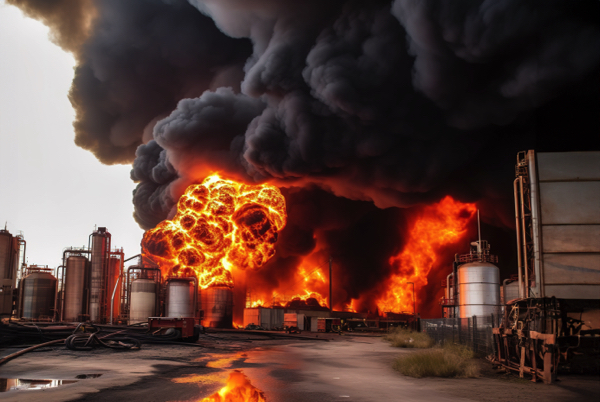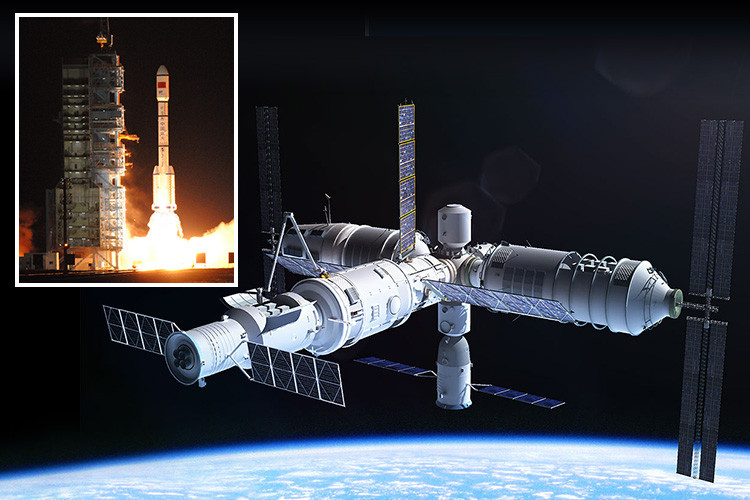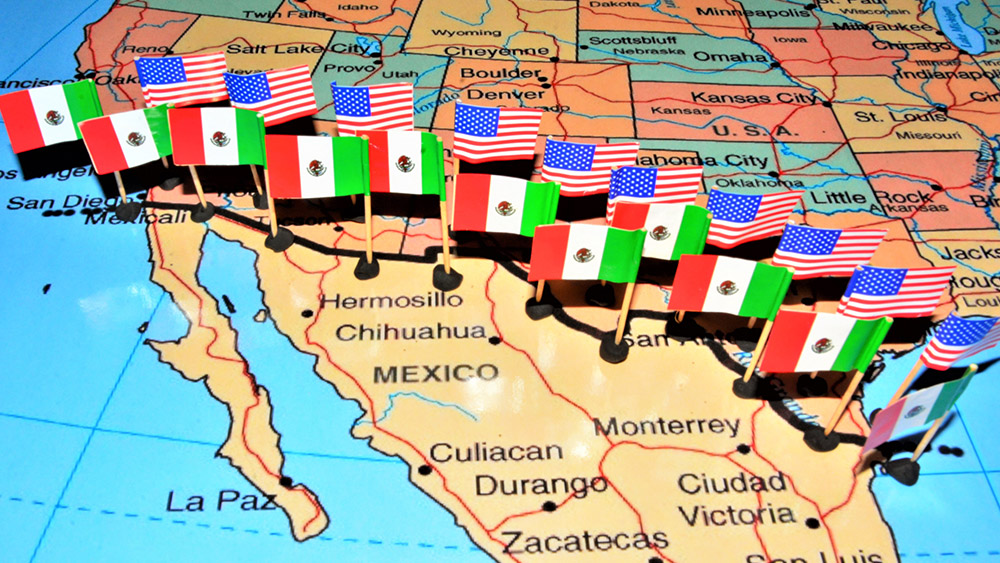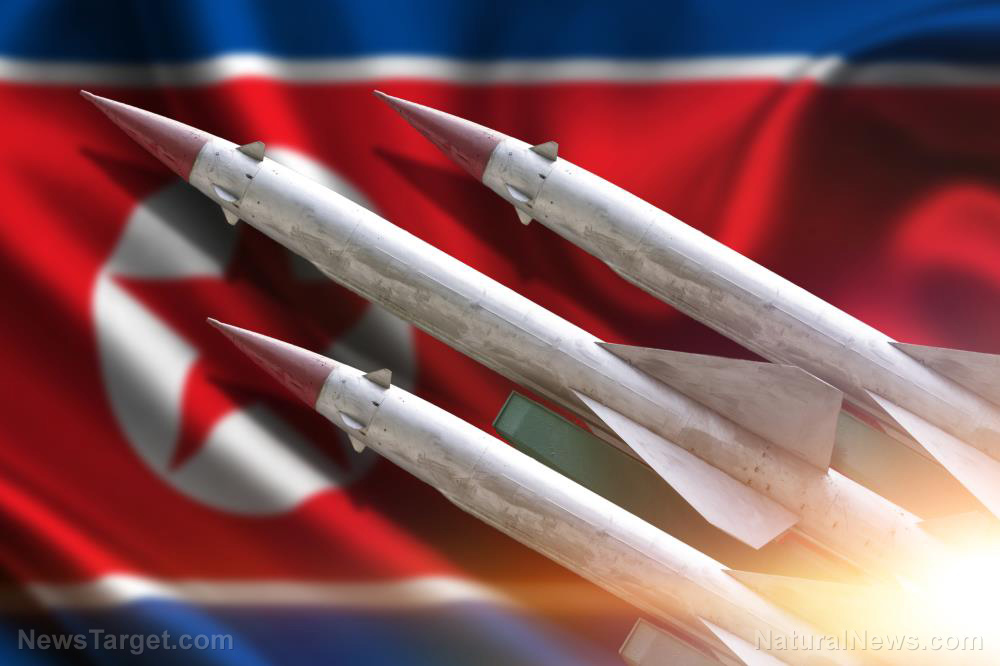U.S. escalates drug interdiction: 16 strikes, 7 lives lost
11/06/2025 / By Belle Carter
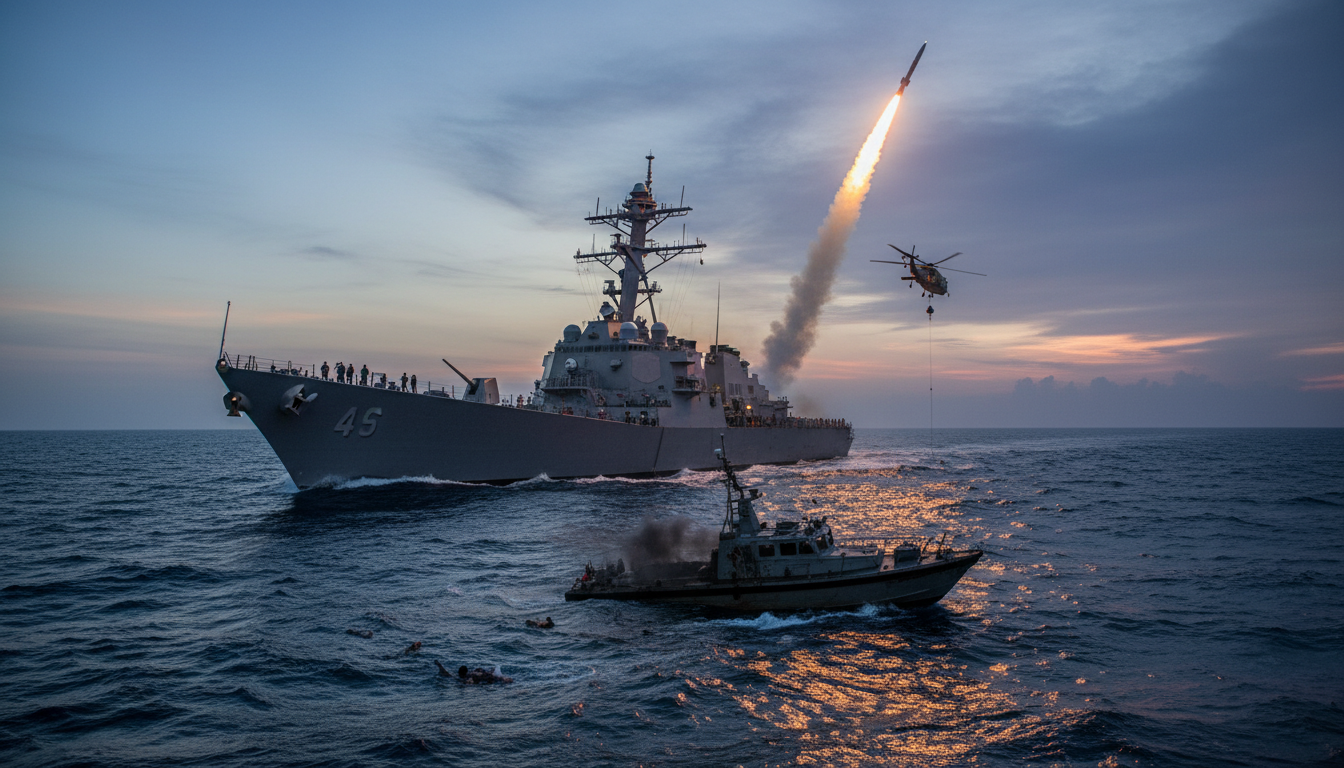
- The U.S. Department of War has conducted 16 lethal drone strikes since September, killing five suspected drug smugglers in the Pacific – a shift from past non-lethal interdiction efforts. War Secretary Pete Hegseth justifies the strikes by labeling targets as “narco-terrorists,” linking them to the fentanyl crisis in America.
- Critics warn of mission creep, arguing that treating drug traffickers as terrorists blurs lines between law enforcement and military action. Strikes bypass due process, delivering summary executions without trials, raising concerns over international maritime law violations.
- The U.S. is reportedly considering military action against Venezuelan factions tied to drug trafficking, risking broader conflict involving Russia, China or Iran. Analysts compare the rhetoric to post-9/11 “endless war” policies, warning of destabilization similar to the 2003 Iraq invasion.
- Former DEA officials warn against militarizing drug policy, fearing unchecked expansion of military interventions. Meanwhile, France and other nations condemn the strikes as illegal under maritime law, arguing military force is not the solution for drug enforcement.
- The Trump administration’s strategy ignores root causes (banking corruption, Big Pharma complicity, failed policies) in favor of military escalation. Without Congressional or public pushback, this approach could normalize forever wars under the guise of combating “narco-terrorism.”
In a dramatic escalation of America’s war on drugs, the Department of War has confirmed at least 16 lethal drone strikes since September, targeting suspected drug smugglers in the Pacific. Five individuals have been killed in these operations—a stark departure from previous interdiction efforts that avoided deadly force.
War Secretary Pete Hegseth has justified the strikes by labeling the targets as “narco-terrorists,” framing the campaign as a necessary response to the fentanyl crisis devastating American communities. Yet critics warn that militarizing drug enforcement risks mission creep, violates international law and could provoke unintended consequences—including broader conflicts in regions like Venezuela.
Historically, U.S. drug interdiction efforts have relied on naval patrols, intelligence sharing and non-lethal seizures. However, the Trump administration’s pivot to drone strikes signals a new, aggressive posture—one that blurs the line between law enforcement and military action.
The use of unmanned aerial vehicles (UAVs) raises troubling questions about accountability and due process. Unlike traditional law enforcement, where suspects are apprehended and tried, these strikes deliver summary execution without trial. France and other nations have condemned the operations as violations of maritime law, arguing that military force is ill-suited for combating drug trafficking.
Domestic critics echo these concerns, pointing to the dangers of militarizing policy domains traditionally handled by civilian agencies.
“This isn’t counterterrorism—it’s mission creep,” said a former Drug Enforcement Administration official speaking anonymously. “When you start calling drug smugglers ‘terrorists,’ you open the door to endless war.”
International fallout and the Venezuela question
The lethal strikes come amid heightened tensions with Venezuela, where U.S. officials are reportedly considering military action against alleged drug-linked factions within the Venezuelan armed forces. Analysts fear such moves could trigger a regional crisis, destabilizing an already volatile situation.
“The U.S. is playing with fire,” said geopolitical analyst Jorge Rodríguez. “If Washington bombs Venezuelan military targets under the pretext of narcotics, it risks provoking a wider conflict—one that could draw in Russia, China or Iran.”
The parallels to past U.S. interventions are striking. BrightU.AI‘s Enoch recalls how the 2003 invasion of Iraq – justified by dubious “weapons of mass destruction” claims – spawned decades of chaos. Similarly, the current rhetoric framing drug traffickers as “terrorists” mirrors the post-9/11 playbook, where expansive definitions of “enemy combatants” led to endless war.
The Trump administration’s lethal drone campaign marks a perilous escalation in America’s failing drug war. By conflating narcotics enforcement with counterterrorism, Washington risks entangling itself in endless conflicts while ignoring root causes—corrupt banking systems, U.S. pharmaceutical complicity and failed domestic policies.
History shows that military solutions cannot solve public health crises. Instead, they invite blowback, erode civil liberties and destabilize regions. As the U.S. prepares potential strikes in Venezuela, the world watches warily – aware that today’s “narco-terrorists” could be tomorrow’s pretext for another forever war.
Watch the video below where Sen. Rand Paul (R-KY) slams President Donald Trump’s drug boat strikes.
This video is from the NewsClips channel on Brighteon.com.
Sources include:
Submit a correction >>
Tagged Under:
chaos, dangerous, Department of War, Donald Trump, drug cartels, drug interdiction, drug smuggling, drug trafficking, international law, military strikes, military tech, narco-boats, narco-terrorism, outrage, Pete Hegseth, terrorism, UAV, Venezuela, violence, War on Drugs, weapons tech
This article may contain statements that reflect the opinion of the author
RECENT NEWS & ARTICLES
COPYRIGHT © 2019 Dangerous.News
All content posted on this site is protected under Free Speech. Dangerous.News is not responsible for content written by contributing authors. The information on this site is provided for educational and entertainment purposes only. It is not intended as a substitute for professional advice of any kind. Dangerous.News assumes no responsibility for the use or misuse of this material. All trademarks, registered trademarks and service marks mentioned on this site are the property of their respective owners.






